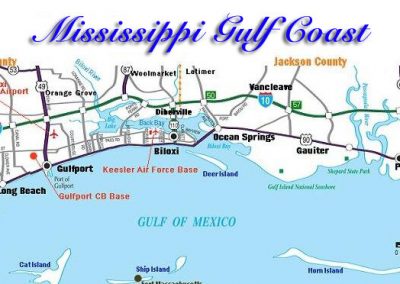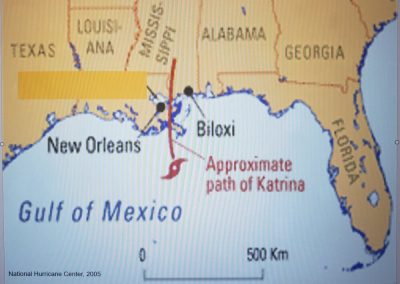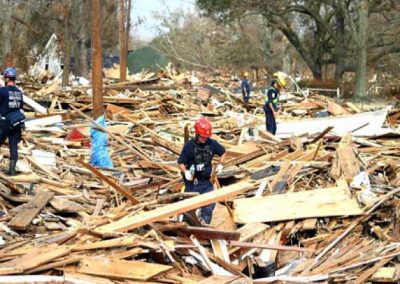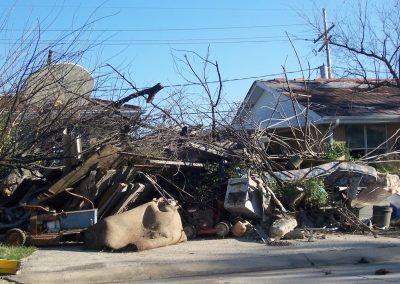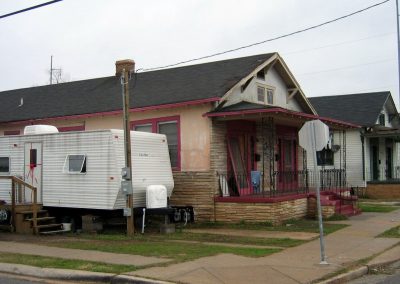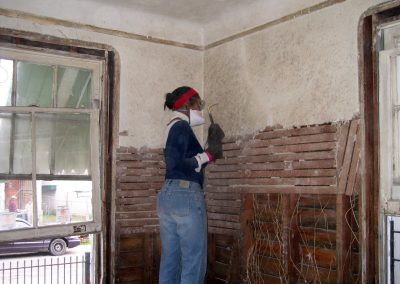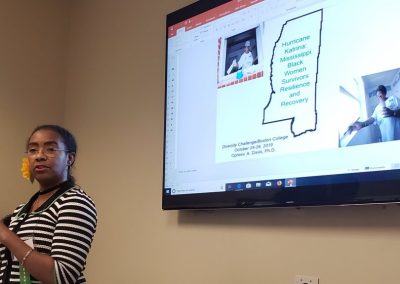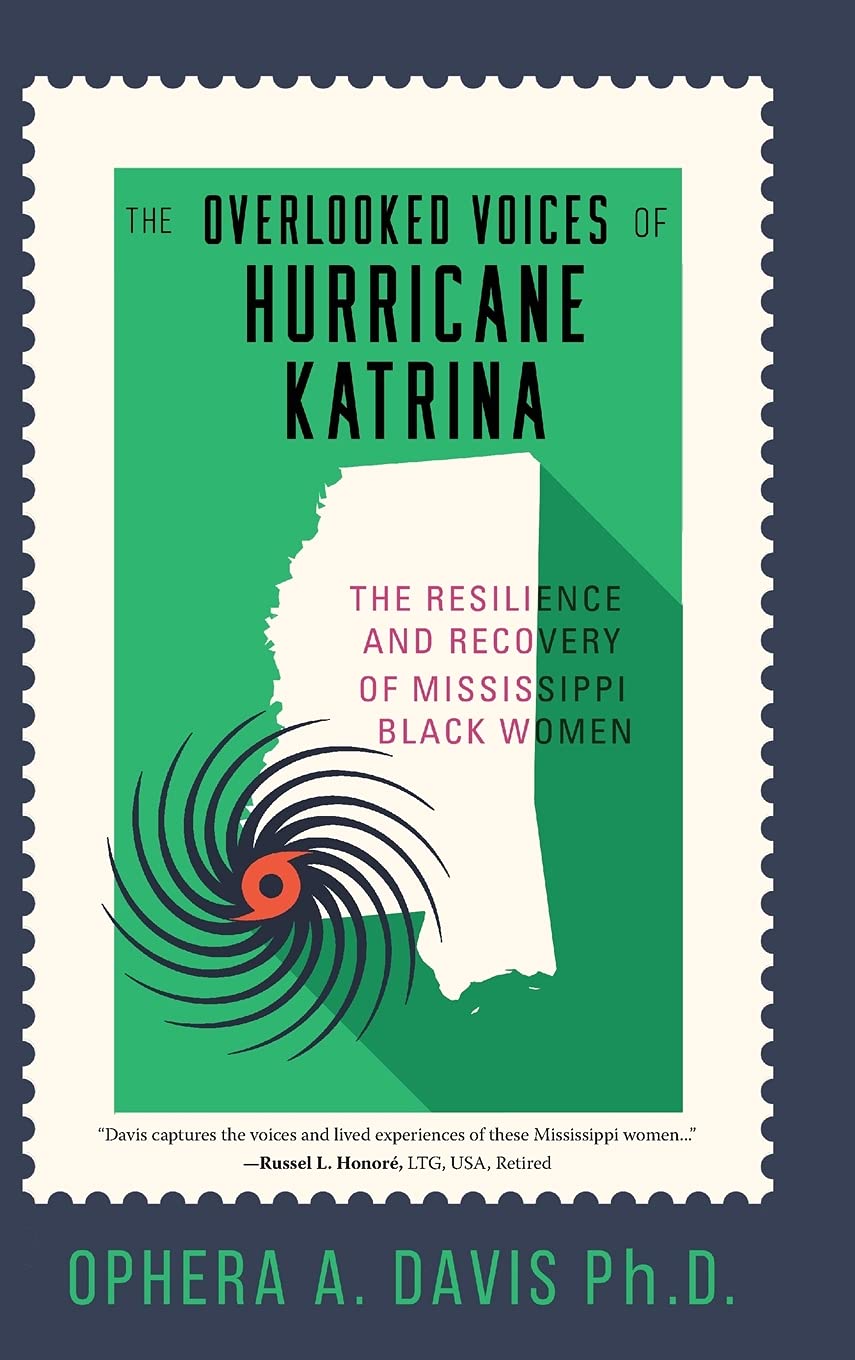
Order now
The Overlooked Voices of Hurricane Katrina: The Resilience and Recovery of Mississippi Black Women is the first book in America dedicated to women of color survivors from the state which analyzes their experiences longitudinally over a 15-year period. The geographical catastrophic destruction in the state of Mississippi after Hurricane Katrina is discussed as well as the scant focus on minority women disaster survivors prior to Katrina. Most importantly, unlike most studies that only offer a one-time account of survivors immediately after a catastrophe’, this book stays with the women over the years and examines their buoyancy by discussing how they overcame challenges after Hurricane Katrina. In fact, the book highlights the multi-dimensional characteristics of these Mississippi Black Women Survivors, highlights their plight, and describes aspects of their hidden stories of resilience and recovery since the disaster. The book discusses lessons learned that can inform researchers and policy makers. This volume serves as a platform to bring these hidden narratives and Mississippi women’s voices to the forefront, in spite of the fact that their stories have been obscured since 2005 when the worst American cyclone, Hurricane Katrina, decimated the region.
Book Endorsements:
General Russel L. Honoré USA, Retired, 33rd Commanding General, US First Army Commander, Joint Task Force, Katrina
“If you want to better understand the complexity and diversity of women’s experiences with Hurricane Katrina, this is the book to read. As a Southern Black women researcher, Dr. Davis authentically allows the unheard voices of Mississippi Black women Hurricane Katrina survivors to come to the forefront. She lets these women tell it like it is.
Historian, Kellie Carter Jackson, “Dr. Ophera Davis has given the world a gift that is deeply researched and beautifully written…. This transformative research is a story of resilience, care, and recovery. I have no doubt that Davis will inspire the field to seek out marginalized voices. Davis is not merely adding to what we know about the aftermath of Katrina. Because of her careful scholarship, the overlooked are now heard, seen, and, most importantly, valued.”
“I grew up in …[the northeastern part of the state, about 260 miles from the Gulf Coast] and most of my family still lives there. After talking to my sister, I decided I would leave but I needed to finish getting my house boarded up. As the storm approached, I talked to several friends, you know, we helped each other board up our homes when hurricanes threatened and when the weatherman says they [dangerous storms] are headed to the Coast [Gulf of Mexico or Mississippi Gulf Coast]. After coordinating their efforts to secure their homes, I packed a suitcase, got in my SUV, and drove to Monticello on the Thursday [August 25, four days before Katrina hit]. See, I am afraid of hurricanes since I didn’t grow up here.”

